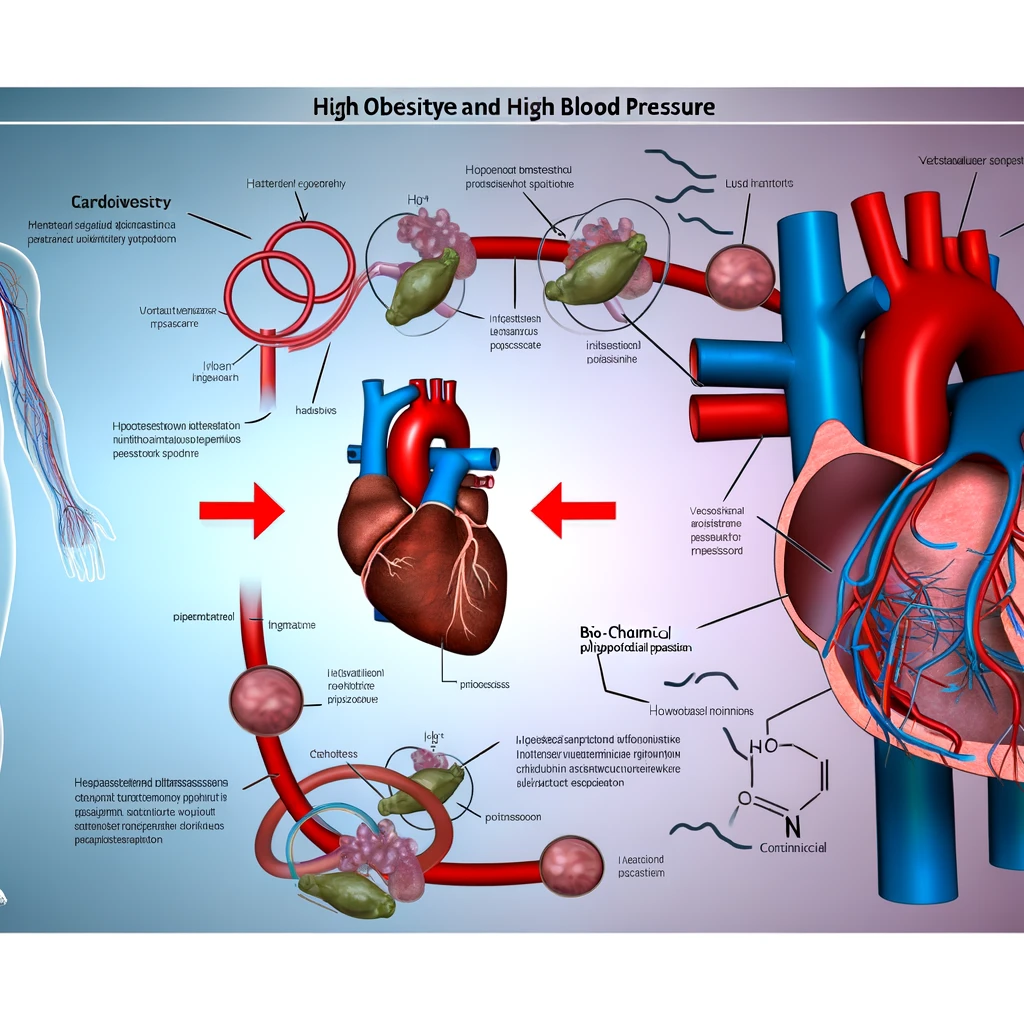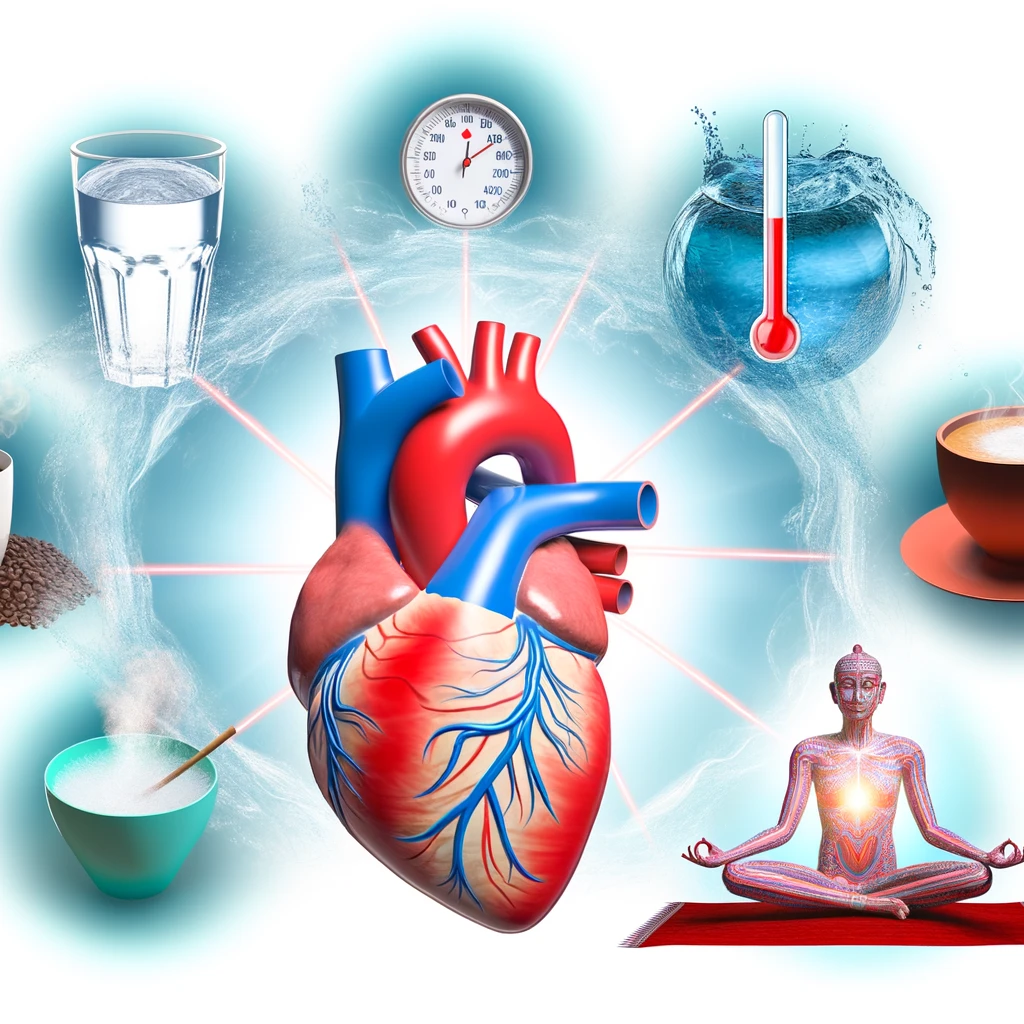Related Articles









Your heart rate is a vital sign of your overall health. While many people are aware that exercise and diet can influence heart rate, there are numerous other factors that can have a surprising impact. Understanding these can help you better manage your cardiovascular health. Here are ten unexpected factors that affect your heart rate.
Dehydration can lead to a higher heart rate. When your body lacks sufficient fluids, your heart has to work harder to pump blood, resulting in an elevated heart rate. Ensure you drink enough water daily to maintain optimal hydration levels.
Emotional stress and anxiety can cause your heart rate to rise. During stressful situations, your body releases adrenaline, which increases your heart rate. Practicing stress management techniques like meditation and deep breathing can help keep your heart rate in check.
Exposure to extreme heat or cold can affect your heart rate. In hot weather, your heart rate can increase as your body works to cool itself. Conversely, in cold conditions, your heart rate might rise to maintain body temperature. Dress appropriately for the weather to help regulate your heart rate.
Caffeine and other stimulants can temporarily increase heart rate. Be mindful of your consumption of coffee, energy drinks, and certain medications that contain stimulants. Moderation is key to avoiding excessive heart rate elevation.
Your posture can influence your heart rate. Standing or sitting up straight allows for better blood circulation, whereas slouching can hinder it, potentially raising your heart rate. Maintain good posture to support cardiovascular health.
At higher altitudes, your body needs to adjust to the lower oxygen levels, which can increase heart rate. If you're traveling or living at high altitudes, give your body time to acclimate and monitor your heart rate.
Poor sleep quality or sleep disorders such as sleep apnea can lead to an increased heart rate. Ensure you get enough restful sleep each night to help regulate your heart rate and improve overall health.
Certain medications, including those for asthma, allergies, and high blood pressure, can affect your heart rate. Consult with your healthcare provider about any side effects and possible alternatives if you notice a significant change in your heart rate.
Hormonal fluctuations during menstruation, pregnancy, or menopause can influence heart rate. Keep track of your heart rate during these times and discuss any concerns with your doctor.
Your level of physical fitness plays a significant role in your resting heart rate. Generally, more physically fit individuals have lower resting heart rates due to more efficient heart function. Regular exercise can help improve your fitness level and reduce your resting heart rate over time.
Many factors can influence your heart rate beyond the usual suspects of diet and exercise. By understanding and managing these surprising factors, you can maintain a healthier heart rate and improve your overall cardiovascular health. Always consult healthcare professionals when making significant changes to your lifestyle or if you have concerns about your heart rate.